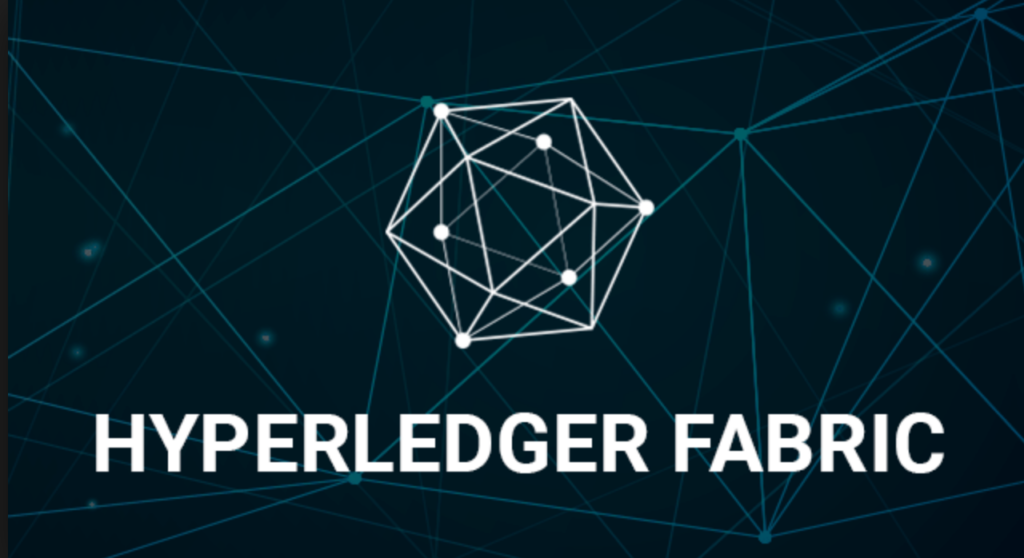What is Blockchain?

Blockchain is a decentralized and distributed ledger technology that records transactions across multiple computers in a secure, transparent, and immutable manner. It consists of a chain of blocks, each containing a batch of transactions, linked together in chronological order. Each block contains a cryptographic hash of the previous block, creating a secure and tamper-resistant chain of transaction history.
In simpler terms, think of blockchain as a digital ledger that keeps a record of all transactions made with a particular cryptocurrency, such as Bitcoin. Unlike traditional ledgers, which are centralized and maintained by a single entity like a bank, blockchain operates on a network of computers (nodes) spread across the world. These nodes work together to validate and record transactions, ensuring the integrity and security of the network.
An example of blockchain in action is the Bitcoin blockchain. When someone makes a Bitcoin transaction, such as sending coins from one wallet to another, that transaction is broadcast to the Bitcoin network. Miners, who are participants in the network with specialized computers, compete to validate and record the transaction in a new block. Once validated, the transaction is added to the blockchain, becoming a permanent part of the ledger. Anyone can view the transaction history on the Bitcoin blockchain, providing transparency and accountability.
Another example of blockchain application is in supply chain management. Companies can use blockchain to track the movement of goods from production to delivery, recording each step of the process on a blockchain. This provides transparency and traceability, reducing the risk of fraud, counterfeiting, and errors in the supply chain.
Overall, blockchain technology offers a decentralized, transparent, and secure way to record and verify transactions, with applications ranging from cryptocurrencies to supply chain management, healthcare, voting systems, and more
List of some popular blockchain platforms:
- Ethereum
- Hyperledger Fabric
- Ripple
- Corda
- Stellar
- Tezos
- EOS
- Tron
- NEO
- Cardano
What is Ethereum?

Ethereum is a decentralized platform that enables the creation and execution of smart contracts and decentralized applications (DApps). It uses its native cryptocurrency, Ether (ETH), and is known for its programmability and support for a wide range of applications beyond simple transactions.
What is Hyperledger Fabric?

Hyperledger Fabric is an enterprise-grade permissioned blockchain platform developed by the Linux Foundation’s Hyperledger project. It is designed for building private, permissioned blockchain networks for business use cases, with features such as modular architecture, confidentiality, and scalability.
What is Ripple?

Ripple is a real-time gross settlement system, currency exchange, and remittance network. Its native cryptocurrency, XRP, is used to facilitate fast and low-cost cross-border transactions. RippleNet, its network of financial institutions, enables instant settlement of payments across borders.
What is Corda?

Corda is an open-source blockchain platform developed by R3 for building distributed ledger applications for businesses. It is designed for use in industries such as finance, healthcare, and supply chain, with features such as privacy, scalability, and interoperability with existing systems.
What is Stellar?

Stellar is a decentralized payment network and protocol for cross-border transactions and asset issuance. It aims to facilitate fast and low-cost transactions between different currencies and payment networks, with its native cryptocurrency, Lumens (XLM), serving as a bridge asset
What is Tezos?

Tezos is a decentralized blockchain platform that uses a self-amending consensus mechanism to achieve on-chain governance and protocol upgrades. It enables smart contract development and allows stakeholders to participate in the governance of the network.
What is EOS?

EOS is a blockchain platform designed for scalable and decentralized applications. It aims to provide high throughput and low latency, with features such as delegated proof-of-stake (DPoS) consensus and parallel processing of transactions.
What is Tron?

Tron is a blockchain platform focused on decentralized entertainment content and applications. It aims to create a decentralized internet ecosystem where content creators can directly interact with their audiences, bypassing intermediaries.
What is NEO?

NEO is a blockchain platform often referred to as “Chinese Ethereum” due to its similarities to Ethereum. It supports smart contracts and decentralized applications, with a focus on digital asset management, digital identity, and decentralized finance (DeFi).
What is Gardano?

Cardano is a blockchain platform that aims to provide a more secure and scalable infrastructure for decentralized applications and smart contracts. It uses a layered architecture and a proof-of-stake consensus mechanism to achieve scalability, sustainability, and interoperability.
by CurrencyRate.Today